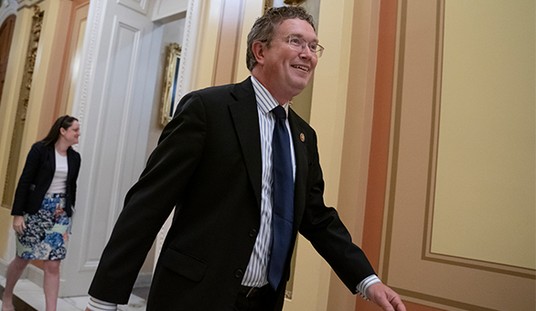The media and government policymakers are abuzz over the possibility of health cooperatives replacing the public option in the current health care reform debate. Earlier this month Hudson Institute convened perhaps one of the only public forums to discuss the pros and cons of such a proposal. Left and right agreed that health cooperatives are not the answer for health care reform.
Even the neutral Congressional Budget Office, in their recent score of the Baucus health proposal, agrees: “The proposed cooperatives had very little effect on the estimates of total enrollment in the exchanges or federal costs because, as they are described in the specifications, they seem unlikely to establish a significant market presence in many areas of the country or to noticeably affect federal subsidy payments.”
The biggest problems with cooperatives relate to structure. According to Robert Rosenberg — former CEO of the first health cooperative in Washington, D.C., Group Health Association (GHA) — reasons for his organization’s failure included internal problems such as naïve management, inability to secure investment capital from banks, the entrenchment of unions, and the costs imposed by a high option model. In addition, external forces such as the onset of competition in the 1980s from large national groups such as Kaiser Permanente, constraints of the structure of health care, and lack of competitive edge to control hospital costs also helped doom the GHA. While health cooperatives can be successful — as evident from health cooperatives in Washington State, Idaho, Minnesota, and Wisconsin — they aren’t a promising model upon which to build a national network for improving access to health care throughout the United States.
Conservative critics of the idea are equally dismissive. A major criticism is the unrealistic ambition to simply restart cooperatives, an idea that will prove next to impossible to break into the current market. Others are wary that the health cooperative rhetoric is simply the public option with a different name. If the government provides the capital to front end cooperatives, if the government picks the people to spearhead the venture, and if the government controls the rates, then what really is the difference?
Despite the long history of health cooperatives in the United States, there are only two remaining health cooperatives in the entire country. Yet this poor record has not stopped the Senate Finance Committee from putting forth $6 billion to help restart more cooperatives. This may seem like a lot, but in reality it is far from enough to make health cooperatives a viable competitive solution. Even if they can work in specific locations, they are unlikely to establish enough of a competitive presence within the health care market. This is largely because of the near impossibility of mass replications of cooperatives, regardless of how much money is being put in. The basis of the cooperative concept is community ownership and control. For instance, members elect the board of directors from among the membership. If the government subsidizes them with $6 billion in seed capital, would they still be cooperatives in anything other than their name? Would they not be too big to fail, requiring public takeover and ownership?
It seems what the health cooperative and overall health care reform bills have succeeded in doing is forging together liberals and conservatives united in disagreement. While it is nice to have diverse people agree on issues, an agreement that an idea will fail won’t revamp the health care system. This rare agreement must beg a larger question. If so many people agree that health cooperatives and the current health reform bills in Congress are so wrong, why is the Senate Finance Committee still offering $6 billion in subsidies to breathe new life into cooperatives — unless it is to morph them into the public option at a later date?
Health cooperatives are not a means to a positive end, but simply another finger in the dam of health care. Why, then, are they still a possible solution? Perhaps because the health care debate has moved long past a time for logic and has progressed into the political weeds.









Join the conversation as a VIP Member